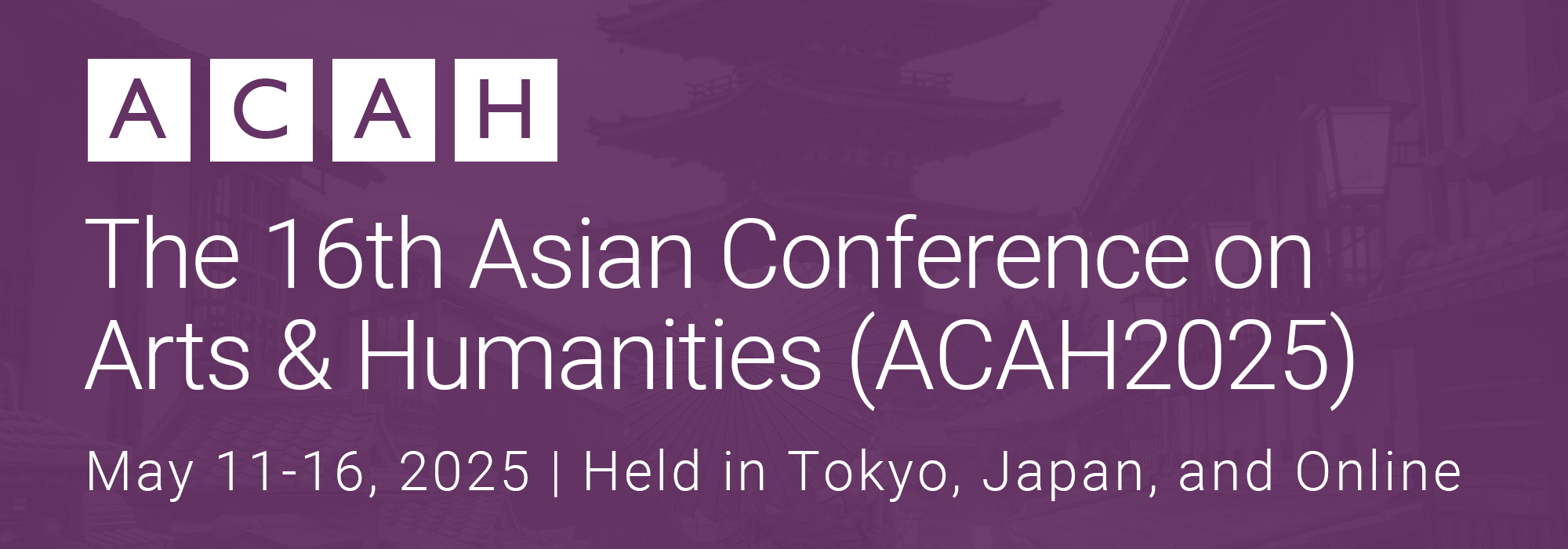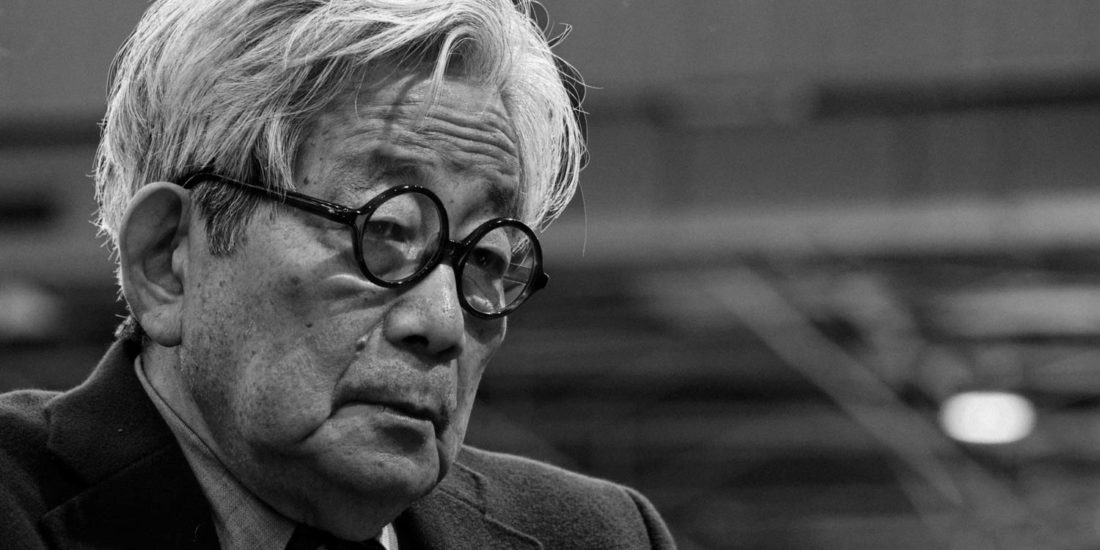In 1994, Kenzaburō Ōe, the second Japanese writer to receive the Nobel Prize in Literature, entitled his Nobel Lecture “Japan, the Ambiguous, and Myself”, dialoguing with his predecessor, Yasunari Kawabata, whose Nobel Lecture was entitled “Japan, the Beautiful, and Myself”. Confessing his quest for “ways to be of some use in the cure and reconciliation of mankind”, Ōe proposes a reflection on Japan’s role in the world by that time, having ascended by its technology, but not by its literature or philosophy. His Nobel Lecture aligns with three other lectures in different places and contexts: “Speaking on Japanese Culture Before a Scandinavian Audience” (1992), “On Modern and Contemporary Japanese Literature” (San Francisco, 1990) and “Japan’s Dual Identity: A Writer’s Dilemma” (1986). This paper attempts to reflect on the writer’s perspectives expressed in his lectures, focusing on the following subjects: Japanese culture and identity, Japan between past and future, and the contributions of literature in the achievement of peace.
Image | Kenzaburō Ōe (Wikipedia)

